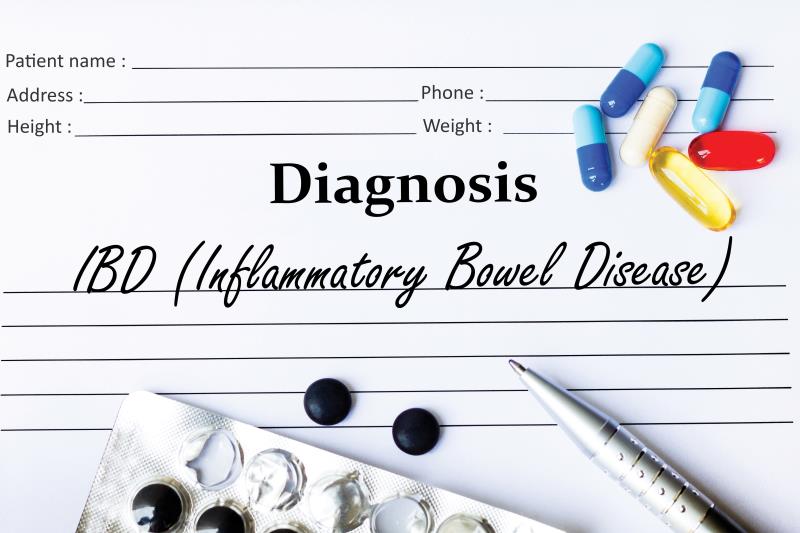
Thiopurine immunomodulators still represent a potentially inexpensive and effective therapy for inflammatory bowel disease (IBD) maintenance even in the advent of biologics, according to a leading gastroenterologist.
“All these other therapies are being marketed by drug companies and there’s no one marketing thiopurines,” said Dr Stephen Hanauer, medical director, Digestive Health Center at Northwestern University Feinberg School of Medicine, Chicago, Illinois, US. “These were pioneers which have demonstrated a role and we need to put [this] into perspective with all the other therapies now available.” [AIBD 2019, Hanauer SB. Immunomodulators in 2020: Dead or Alive?]
He said before the introduction of biologics, maintenance options included the thiopurine immunomodulators azathioprine and mercaptopurine, which demonstrated steroid-sparing effects and maintained remissions in early studies. This was similarly true for azathioprine in Crohn’s disease.
While clinical data have demonstrated that there was no significant difference in outcomes for patients treated with thiopurines or biologics alone, they responded particularly well to combination therapy. “As with many things in life, there has been a pendulum swinging back and forth,” Hanauer said, referring to studies reviewing outcomes of either treatment.
“Basically, all of the guidelines, including the American College of Gastroenterology [AGA] guidelines, have advocated thiopurines for maintenance therapies for steroid-induced remissions … they have also a role in combination therapies,” he said. “The AGA guidelines in postoperative Crohn’s disease also stated that there’s benefit for azathioprine in maintaining postoperative remissions. To sum it up, there are three areas where thiopurines are effective – for maintenance after steroids, in combination with TNF inhibitors, and for preventing postoperative recurrence.”
Hanauer concluded by saying that thiopurines still have a role when used correctly. “If we can reduce the number of patients who are going to require biologics, it makes sense to utilize them,” he said. “There still is a role for these. Why not try thiopurines after steroid therapy? Give them for 8 weeks or 16 weeks, and if they’re not effective, then that is when we’re in a position to give biologics. Just like any other drugs, it requires some form of therapeutic drug monitoring to optimize the benefits.”
He added thiopurines might be a cost-saving measure for some patients.